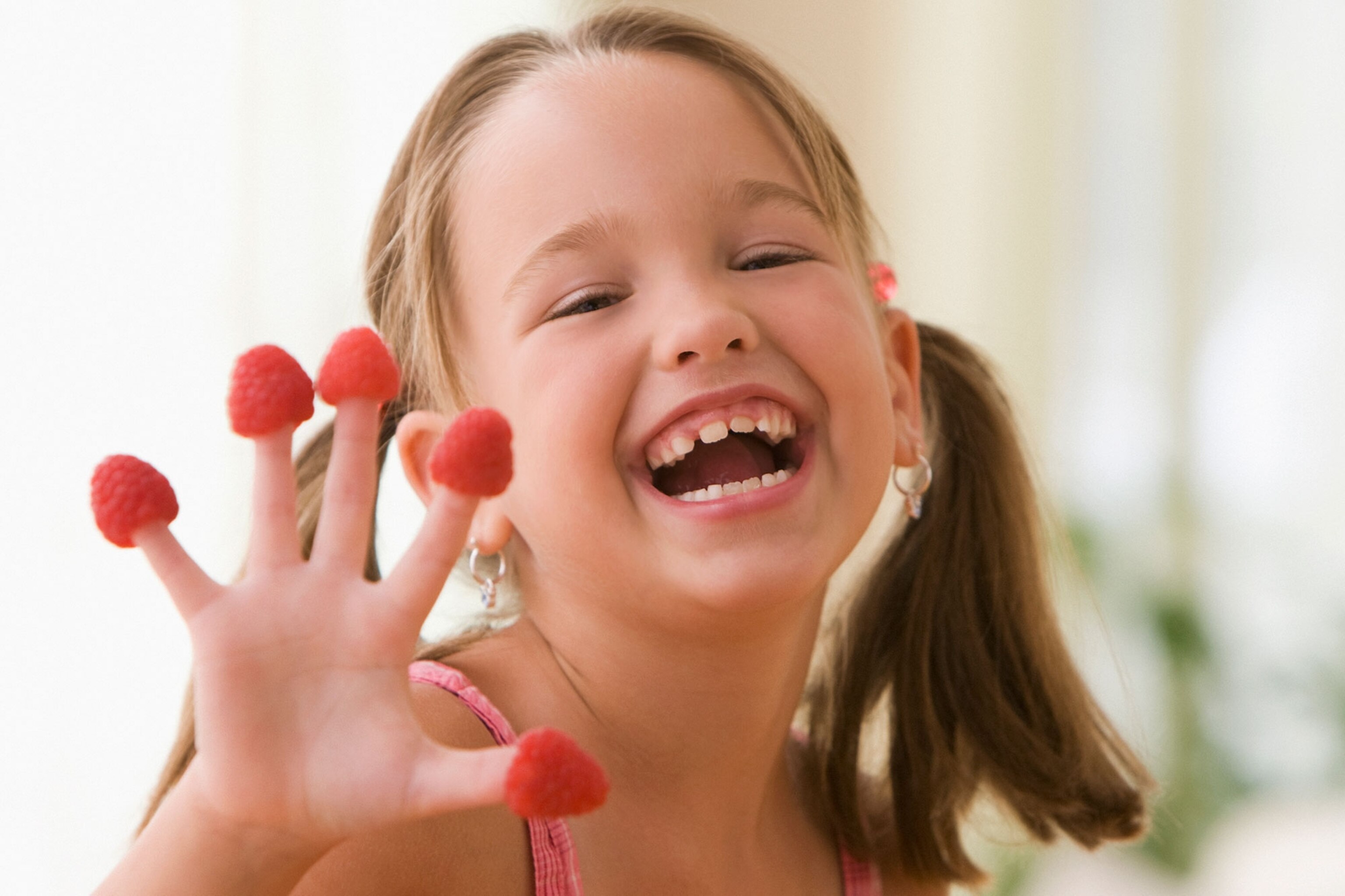
How to keep your kids healthy during the pandemic
You know this: eat healthy, exercise, and practice gratitude
With diagrams of how to properly wash your hands flooding the internet, you might think that’s the main way to prevent you and your kids from getting sick during the coronavirus pandemic.
But boosting health and immunity requires a holistic approach that touches all elements of daily life, from sleep to mental health, says Laura Gray, a clinical psychologist at Children’s National Hospital in Washington, D.C.
One thing that may surprise you: “Kids already tend to have healthier routines than their parents do,” Gray says. Their sleep tends to be more consistent, and with structured mealtimes and planned meals, their diets are often more nutritious. (Share this just-for-kids coronavirus 101 with your children.)
But it can be hard to maintain these routines when everyone’s stuck at home. Thinking creatively about how to keep up these habits can go a long way toward ensuring a healthy household. Here are a few tips.
Keep moving
The U.S. Department of Health and Human Services recommends school-age children get at least 60 minutes of moderate to vigorous exercise each day; preschoolers should active throughout the day. Using those guidelines, Gray recommends setting up a predictable daily schedule for kids of all ages, with activities such as riding bikes, practicing sports drills, tossing balls, or jumping rope.
Getting fresh air and sunlight—while maintaining six feet of distance from other people, per the U.S. Centers for Disease Control and Prevention’s social distancing rules—can also help improve sleep, Gray says.
If you can’t get outside, Gray suggests timing kids to run laps on the stairs, setting up an obstacle course with regular household items, having a family dance party, or practicing kid yoga. (You’ll find lots of examples on YouTube.)
Keep eating
Though it might be tempting to throw nutrition out the window during this challenging time (wait … we can’t have peanut butter for breakfast, lunch, and dinner?), Gray says it’s crucial to keep that healthy-food drumbeat going.
With most children now home all day, doctors at Children’s National suggest that kids could become more involved in preparing menus or even meals. This way, they’ll feel more in control about what they’re eating, which hopefully leads to healthier eating.
For picky eaters, your old standbys still apply. Youngsters may have to try a new food 20 to 30 times before they like it, according to Children’s, so offer new foods alongside familiar ones, provide a small portion to start, and encourage them to just taste something new. Use food to make funny faces or shapes on plates or challenge kids to see how many colors they can eat.
School-age children up to eight years old should drink the same number of cups of water as their age (for instance, five cups a day for a five-year-old), according to Children’s. And yet drinking water is one of the first things to go when kids are off their regular schedule. Parents should have water bottles available throughout the day, encourage kids to take water breaks when they’re playing outside, and serve water with every meal.
Keep heads in the game
One thing families shouldn’t neglect is mental health—for kids and parents.
“Most of us are preparing for the longer haul—it’s not just one or two snow days,” Gray says. “So it’s important to stay socially connected even with social distancing.” If you haven’t done so already, start setting up daily video chats with your children’s classmates to keep their friendships intact. You can also think about virtual dinner parties with friends or family to maintain social contact.
Gray also encourages parents to talk to kids about their worries, asking what questions they have, and reassuring them that everything is going to be OK. Ashwin Rao, a sports medicine physician in Seattle whose 11-year-old daughter, Sophie, has been home since early March, says he and his wife have become more attuned to her feelings, trying to keep an eye on signs of sadness or depression since she’s at an age in which she might not be able to communicate those feelings.
“My daughter’s a social kid and is missing her friends, but she might not be able to put it [that way],” he says. (Learn how to talk to your kids about coronavirus.)
Gray also recommends focusing on gratitude to improve everyone’s mood and decrease anxiety. “Try having kids keep a gratitude journal, or put pieces of paper on a wall [that list] things they’re grateful for,” she says. “That helps flip the focus toward positive thoughts.”
And back to those basics
Yep—it all goes back to handwashing and keeping those fingers from faces.
You’ve probably heard recommendations to have kids sing “Twinkle Twinkle Little Star” or the ABCs while scrubbing. If your child is feeling less-than-cooperative, take a cue from Gray. “I have to give [my daughter] a choice [of what to sing], since she’s in the ‘no’ stage,” she says.
And we know it can be impossible to keep little one’s hands from their faces—or up their noses. So get creative. Some experts recommend telling kids they have to wash their hands every time they’re caught picking their nose, which often deters the behavior. (Get more coronavirus resources from Nat Geo Kids.)
One more time: We’re all in this together. Gray suggests that parents and kids encourage other people in their community to adopt the same healthy practices. “Supporting each other will help people get through it,” she says, “and get through it stronger.”